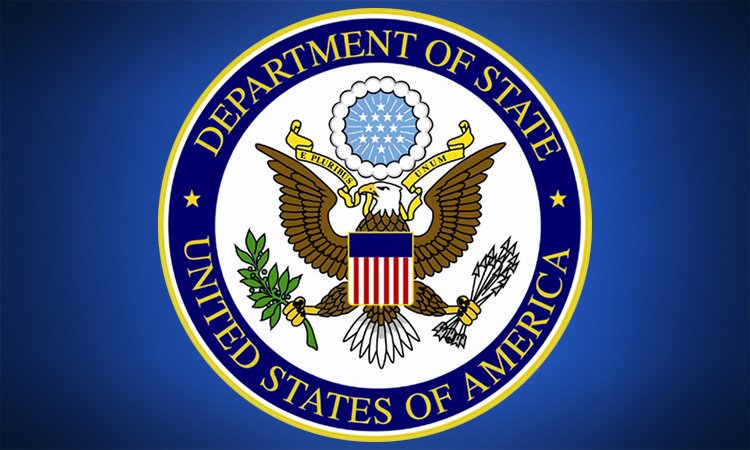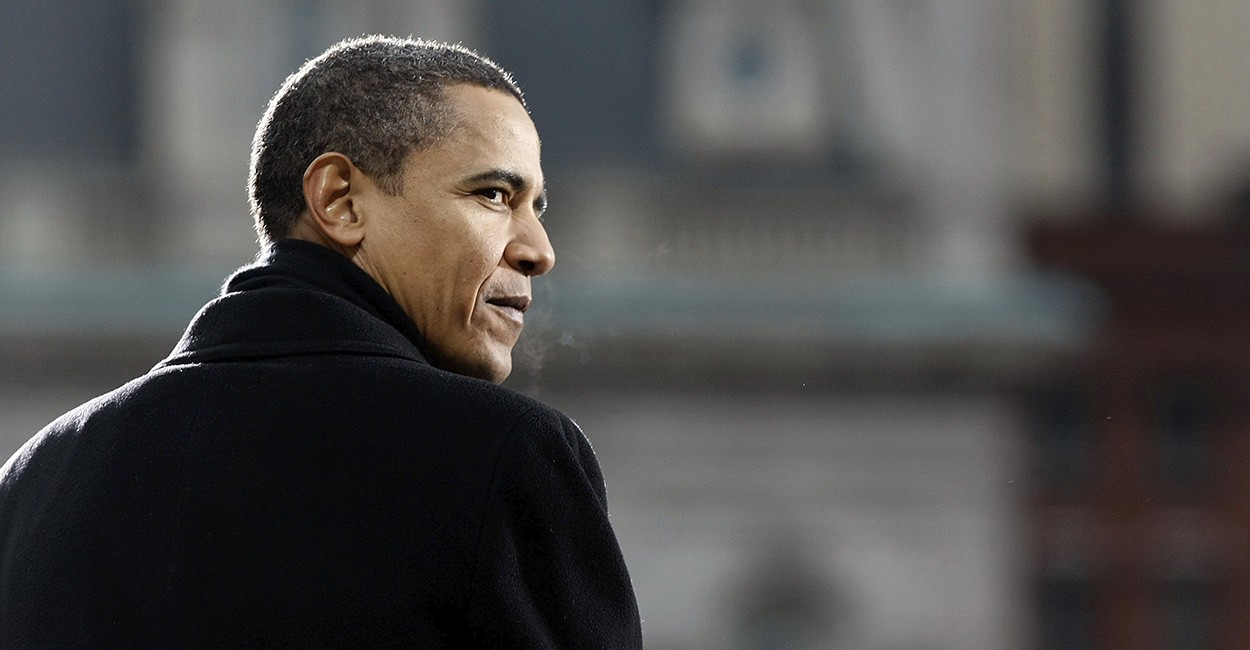By: Andrew Roberts
For the first time in four months, Barack Obama’s campaign and the Democratic National Committee in August outraised Mitt Romney. Since April, Romney’s campaign and the Republican National Committee have taken in enormous amounts of money, closing the gap between Obama’s initial financial lead. In August, however, Obama raised $114 million while Romney raised just over $111 million.
Although some on the left took the opportunity to claim that “grass-root donations” have and will continue to prevail, many have down-played the numbers. Even Barack Obama’s Twitter feed said, “No celebrating, because they’re going to have an even bigger September.” This sort of sorrow from Democrats is rather justified, as Republicans continue to significantly outraise Democrats. When comparing the Republican National Committee and the Democratic National Committee, the RNC has outraised the DNC by almost $30 million, while the DNC has had to spend more than the RNC to keep up in the election. That being said, the RNC has almost four times as much money on hand as the DNC ($89 to $15 million) and will likely broaden that gap over the next couple months.
With the large amount of money flowing into their opponents’ pockets, it seems Democrats have little reason to elate over Obama’s $3 million win in August. In an email to supporters in July, two months after Romney started outraising Obama, the president sent out this email:
“We’re getting outraised — a first for a sitting president, if this continues. Not just by the super PACs and outside groups that are pouring hundreds of millions of dollars into misleading ads, but by our opponent and the Republican Party, which just outraised us for the second month in a row. We can win a race in which the other side spends more than we do. But not this much more.”
And yet Democrats do have purpose to celebrate. Many predicted that Romney would continue to outraise Obama until Election Day. Even though Obama only outraised Romney by a few million dollars, it still represents a sliver of hope for those on the left that Obama will close the gap.
What is more encouraging for Democrats is the people who donated. 98% of the donors donated less than $250, delighting those in the Obama campaign that push the importance of small, “grass-root” donations. They believe that those sorts of donations are what are appropriate in campaign finance, compared to the shear unlimited spending of super-PACs. Also encouraging for the Democrats is the 317,000 new donors in August. This number represents a significant group of people whose dedication to the campaign has significantly strengthened. When the fundraising numbers are released for September, many hope that the number of new donors will increase again. Obama and the Democratic National Committee received significant praise for their convention and Obama has seen a 3-point bump in approval since the convention.
Although there are reasons for Democrats to relax, a $3 million win is rather insignificant and only cause for a quick sigh of relief. The rise of super-PACs has thrown campaign politics into a brutal arena. Americans are now witnessing their first presidential election in the wake of Citizens United v. Federal Election Commission, the Supreme Court case that declared limits on soft money contributions unconstitutional and consequently gave rise to competing super-PACs. The pro-Obama super-PAC, Priorities USA, has raised about $25 million while Restore Our Future, the pro-Romney super-PAC, has brought in $90 million. Although Restore Our Future has spent over three times the amount that Priorities USA has, it still has four times as much cash on hand, $20 to $4 million.
In addition to the super-PACs that specifically back each candidate, many conservative super-PACs and nonprofit organizations with much larger piggy banks than any small, liberal super-PACs support Mitt Romney. David and Charles Koch, both worth around $25 billion, have given millions of dollars to pro-Romney super-PACs as well as to their own, Americans for Prosperity. Karl Rove, who heads the large conservative nonprofit corporation Crossroads GPS, has also spent millions of dollars to dig into the president to help Romney win in November. Shel Adelson, casino mogul who supported Newt Gingrich in the primaries, has backed Romney and already given $55 million while pledging even more.
Much of the Democrats’ worries lie with the concern that the winners of historical elections, especially the incumbent president, almost always outraise their opponent. Supporters of the president see that Romney has been outraising him and fear that the former governor’s advantage with wealthy donors will cause Obama to lose in November. According to the FEC, however, Bob Dole was slightly beating Bill Clinton in the fundraising race in late August of 1996, just three months before Clinton won the election. Conversely, in the 2000 election George W. Bush raised twice as much as Al Gore by July 31 and was only able to only narrowly win in November. Campaign money absolutely matters in an election but it is often difficult to tell the outcome based on fundraising numbers a few months in advance.
With this great wall of opponent fundraising in their way, Democrats have little reason to rejoice. They can take shelter, however, in the pure fact that they had a small victory just a couple months before the election. And despite this fundraising gap, Obama still leads in critical states like Ohio and Florida and his rating versus Romney across the nation is higher. If money was going to determine this race, it would have started by giving a slight lead to Romney in April; by now a small 3-point convention bump would have made no difference for Obama.

